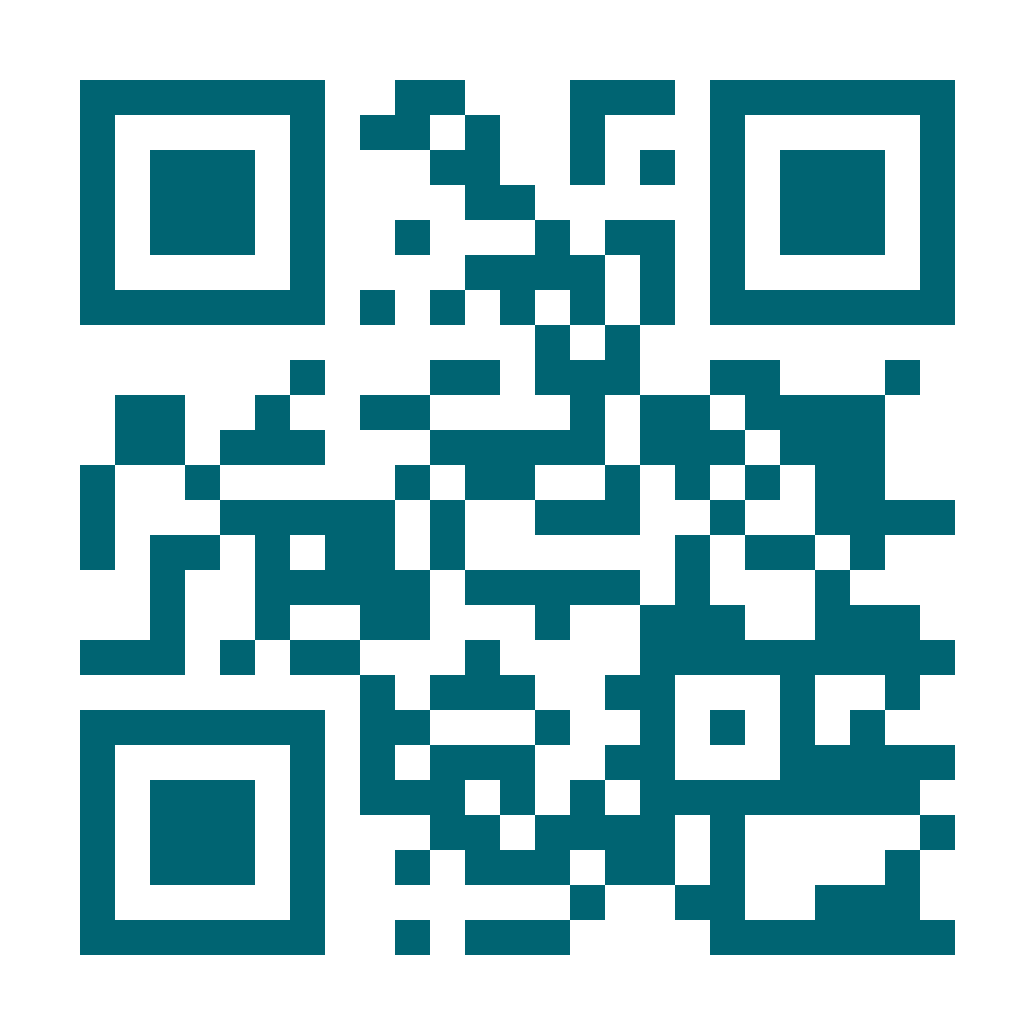01 November 2023
Elder Abuse
5 min read
What is elder abuse?
Elder abuse refers to the mistreatment or harm inflicted upon older adults, typically those aged 60 or older, often by people in positions of trust or care, such as family members, caregivers, or institutions. Elder abuse is a multifaceted and often hidden form of abuse. There is currently no national data on the prevalence of elder abuse in Australia. Based on international studies, it is estimated that between 2% and 14% of older people in high - or middle -income countries experience elder abuse every year. The term 'elder abuse' covers a range of harmful behaviours, including physical, emotional, sexual and financial abuse and neglect.
Elder abuse not only violates the basic human rights and dignity of older individuals but also poses serious health and well-being risks. Detecting and preventing elder abuse is crucial and it often requires the involvement of community organisations, healthcare providers and the legal system to safeguard the rights and safety of older adults. Raising awareness about elder abuse is essential to promote vigilance, support, and protection for those who may be vulnerable to such mistreatment.
Types of elder abuse
Elder abuse in Australia can take various forms, much like in other countries. The most common types of elder abuse in Australia include:
- Financial Abuse: Financial abuse occurs when someone exploits or misuses an older person's financial resources without their informed and voluntary consent. This may involve theft, fraud, coercion, or forcing the older person to make financial decisions against their will.
- Emotional or Psychological Abuse: Emotional abuse includes behaviours that cause emotional distress, anxiety, or mental suffering to an older person. It may involve threats, humiliation, intimidation, or constant criticism.
- Social Isolation: Isolating an older person from their family, friends, or the community is a form of abuse. It can lead to emotional and psychological distress as the older person is left without social support
- Neglect: Neglect is the failure to provide adequate care and support to an older person, leading to physical or emotional harm. It may include neglecting basic needs such as food, shelter, medical care, or personal hygiene.
- Physical Abuse: This involves the use of force or violence that results in physical harm, pain, or injury to an older person. It may include hitting, slapping, restraining, or using physical force inappropriately.
- Sexual Abuse: This type of abuse involves any non-consensual sexual contact or activity imposed upon an older person. It can include sexual assault, molestation, or any form of sexual exploitation.
- Abandonment: Deserting an older person who requires care and support, leaving them without necessary assistance, is considered abandonment.
- Healthcare Abuse: This can include improper medical care, overmedication, or the misuse of medication, leading to harm or deterioration in the older person's health.
- Institutional Abuse: Older adults in care homes or institutions can be vulnerable to abuse from the employees or other residents. This may involve neglect, physical abuse, or emotional mistreatment within these settings.
- Forced Deprivation: Depriving older people of basic needs, such as food, water, or medications, can lead to physical harm and is a form of abuse.
Addressing elder abuse in Australia involves raising awareness, reporting suspected cases to authorities, providing support and resources for both victims and their families, and implementing legal and social measures to prevent and address such mistreatment.
How to report elder abuse
As mentioned, elder abuse can be categorised into several types, emotional, psychological, financial, physical, sexual and neglect. Elder abuse can be a criminal offence and domestic and family violence.
For assistance with potential or actual cases of elder abuse, refer to information on the elder abuse phone line: 1800 353 374. Further information and support for older people can be found at Opan.org.au
